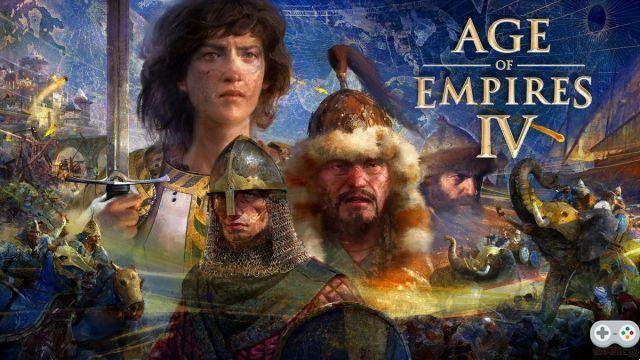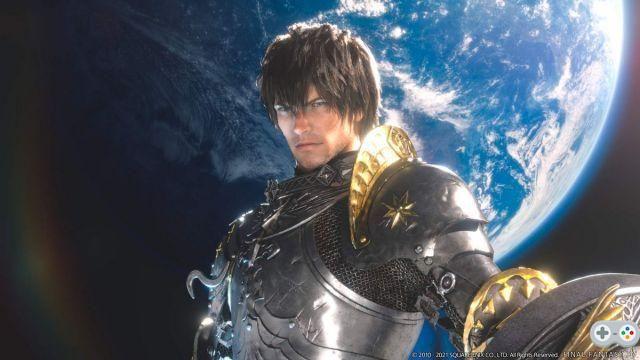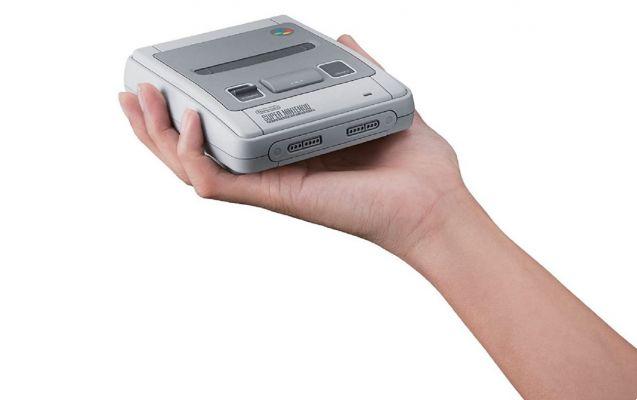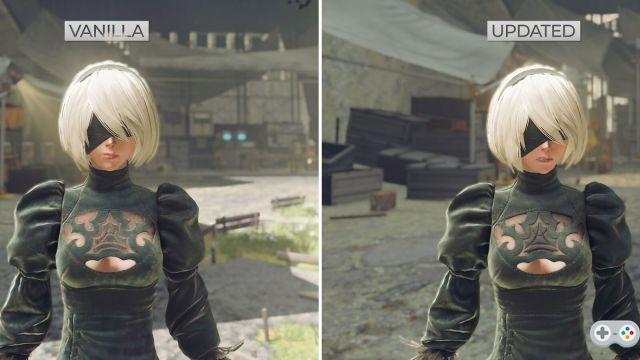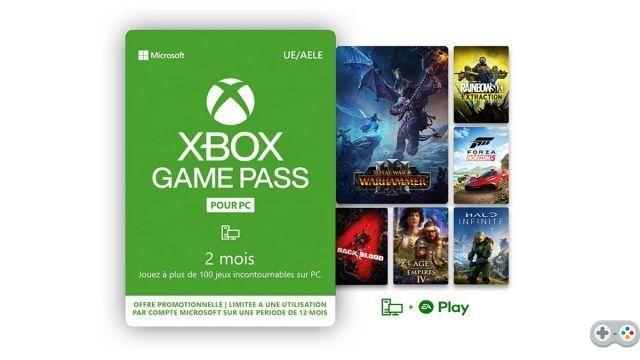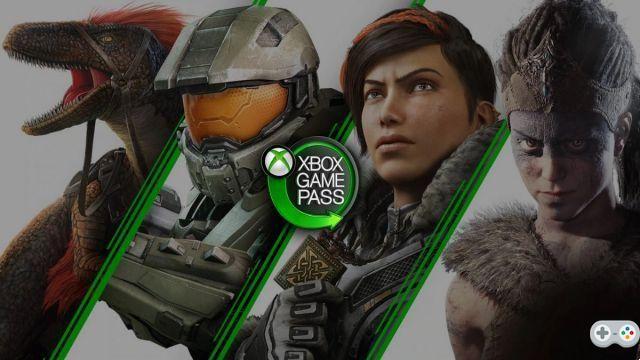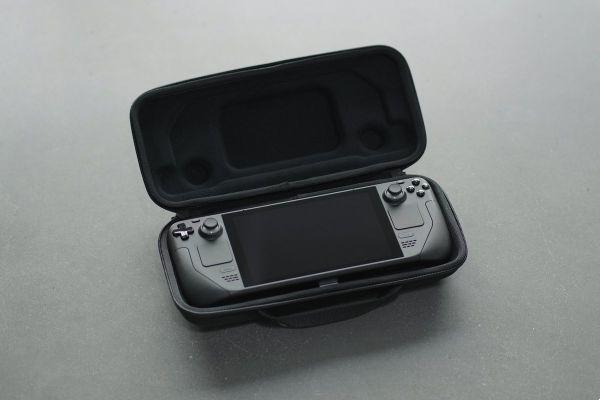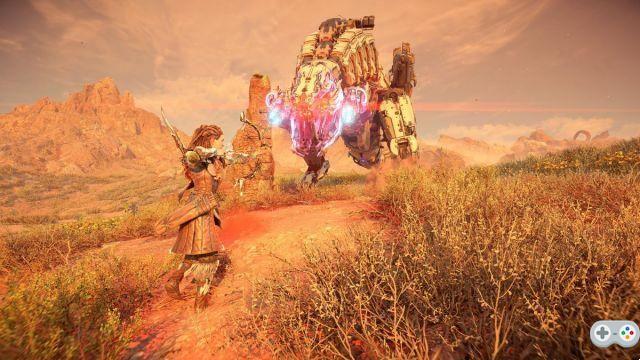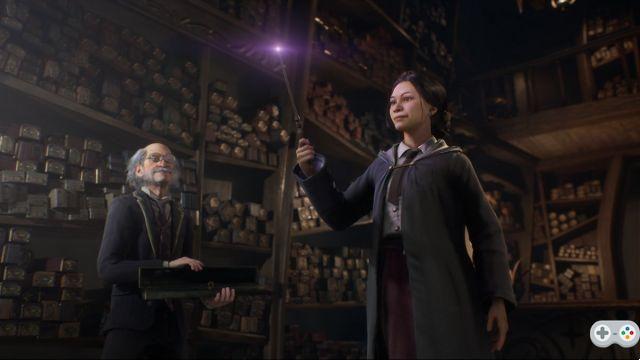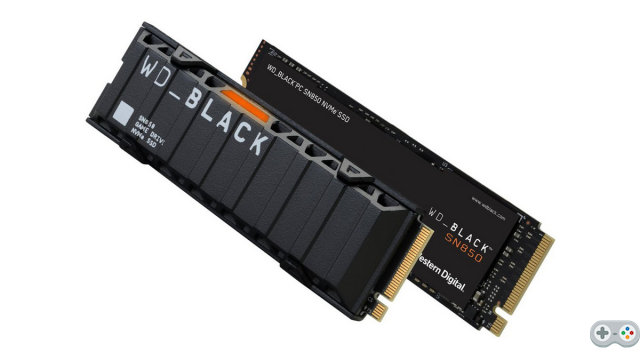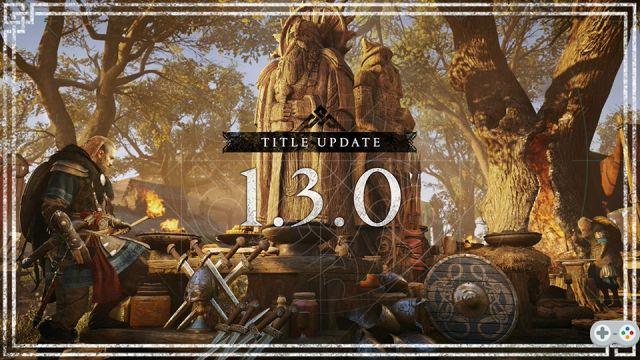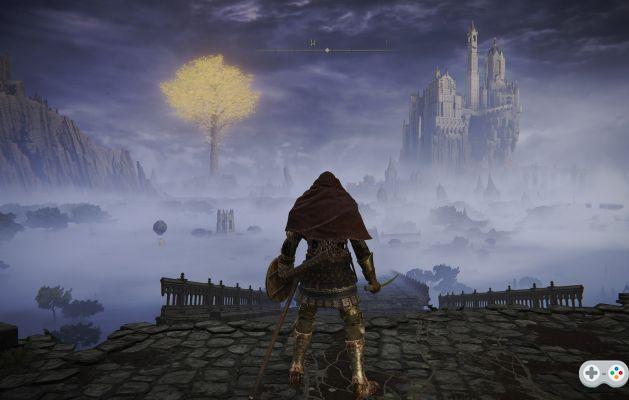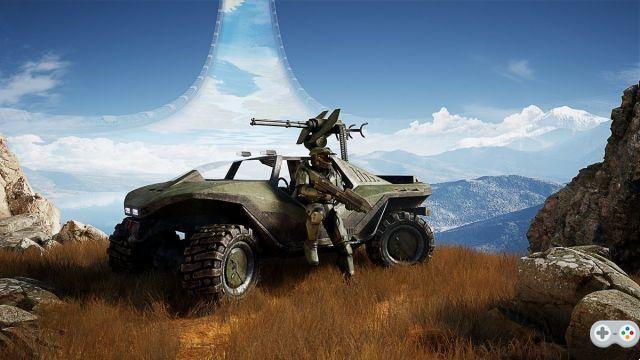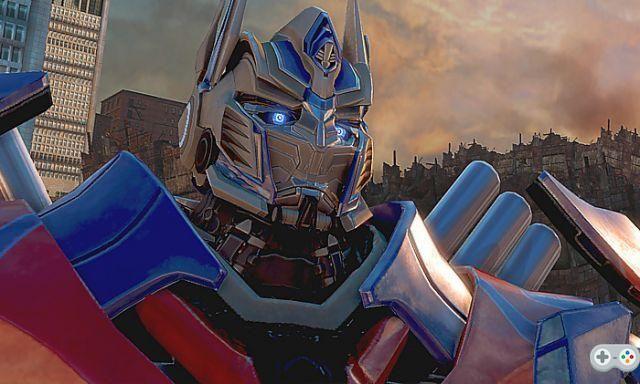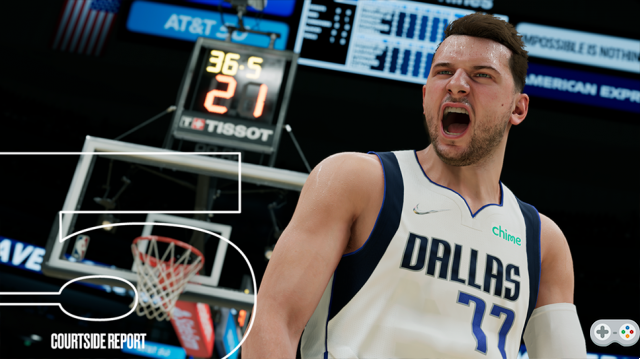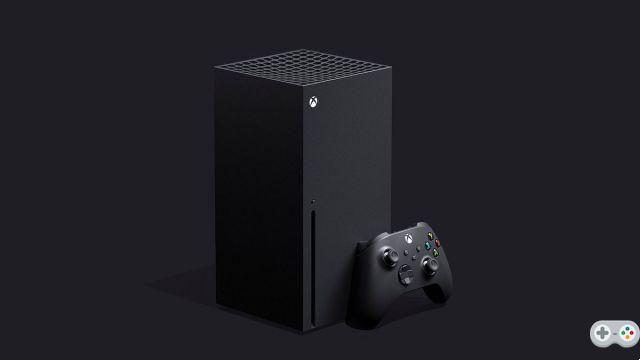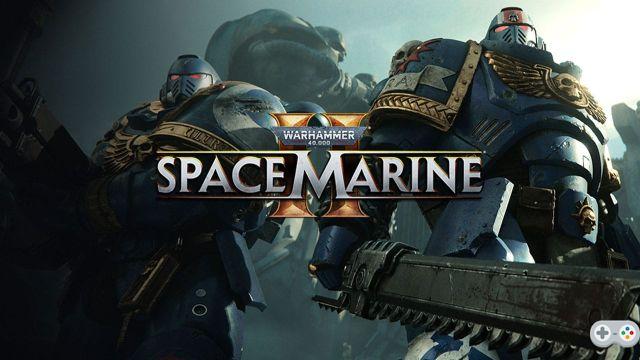
Last week, in the second episode of our dossier, we were able to see that video game companies have implemented a certain number of actions and technologies in recent years to improve, and sometimes even create, the accessibility of games. video for people with disabilities. But there is still a long way to go before we have a completely accessible medium. Many points still need to be addressed, the issue of hardware in mind.
Read also :
Episode 1 - From Xbox Adaptive Controler to Ratchet & Clank: 6 years of accessibility evolution
Episode 2 - Manufacturers, publishers: what projects are underway?
Episode 3 - Overcoming and making disability visible
For this specific point, it is much more difficult to find suitable and adapted solutions since it requires responding specifically to each type of disability, and a solution for one person will not necessarily be suitable for another. Apart from the Xbox Adaptive Controler and a few companies working on the subject (including Simability internationally or HitClic in Spain founded by David Combarieu), we are very far from finding peripherals suitable for everyone on store shelves. . And it is logical in the end, given the "tailor-made" dimension specific to the number of different disabilities, this would amount to exorbitant costs both for manufacturers and for consumers.
However, they do not wait in their corner with their arms crossed for a turnkey solution to be brought to them to make the most of their passion. Over the years, these players with disabilities have had no choice but to develop techniques and tips on their own to continue playing.

For Plumy, for example, a 36-year-old fibromyalgia player, it is sometimes important to play her favorite games with the sound muted so as not to be distracted by too many sound stimuli, a last resort since she has to shut herself off. a lot of information.
Guillaume, our 39-year-old visually impaired person, plays a lot in windowed mode in order to have smaller playing areas and therefore avoid moving his head too much to the four corners of the screen to see any information. In particular, he uses PlayStation Remote Play to operate this technique on his PC with his PS4 games. For others, like Hichem, also called DJ H, a 40-year-old player with motor and cerebral infirmity (IMC), the way of playing games must be completely disrupted.
The man, who has become an accessibility expert YouTuber with a YouTube account with more than 13 subscribers, uses his feet to dominate his opponents in online games like Call of Duty or FIFA. Thanks to completely personalized controllers that his father has been building for him since childhood, Hichem has managed to indulge his passion. "When I play with my friends at FIFA and I win playing with my feet, it's 000 years of therapy for them," he confides, laughing.

All these players, who have been playing video games sometimes for decades, have therefore learned, over time, to fend for themselves, for lack of viable or even outright existing alternatives. "Unfortunately, it is very often up to us to go out of our own pocket, our friends or our time to make up for the shortcomings" admits Nicole, a 45-year-old enthusiast with dyspraxia and a visual handicap preventing her to see in 3D.
The role of associations
While waiting for a global upturn, these people can count today on the actions of specialized associations. If in the United States or in England associations such as Able Gamers have been permanently established for more than 15 years, in Spain, it is only more recently that structures have started their actions. In fact, there are two of them in the territory, each trying to develop solutions and support players with disabilities.
CapGame is perhaps the most important today. Founded in 2013, the association covers five major areas: hardware and software solutions, video game testing, support for professionals, research and esports. "Our message is not to distort the game, but to provide a toolbox to access the game as you want," says Stéphane Laurent, the association's testing manager.

CapGame is therefore evolving on many fronts and today tries to meet both the demand of people with disabilities, whatever their profile, and the demand of studios who come to consult them for advice or feedback. of experience.
Handigamers, founded by David Combarieu in 2017, specializes in the esports and hardware branches. “The association was created at the base for the accessibility of esport events: how to go to a LAN when I can't move or when I'm tired, for example. But when we saw that there was no material solution for the people concerned, we decided to also go into the field of hardware. The video game is an activity that is practiced in the bedroom, it should be simple! says David Combarieu, whose son, a fan of video games, is quadriplegic.
The man therefore decided, in addition to his association, to found a company called HitClic which defines and builds adapted products (controllers, joysticks, steering wheels) and made to measure for people with disabilities, while trying to find solutions to sell these products as cheaply as possible.
Handigamers notably followed Alexandre Quesque, player, youtuber, ambassador of the association, suffering from IMC and a great enthusiast of esports and driving simulations. This one, member of the sim racing team Race Clutch, could be accompanied for the construction of a whole paraphernalia completely adapted to his needs of virtual pilot. This is how last April, after several months of work and waiting, he was able to present in a video a tailor-made driving setup: a smaller steering wheel, an acceleration and gear change system by hand on a single device, etc.
Mutual aid, an important value
Beyond the help of these associations, still too little known to the general public, players with disabilities can also count on real solidarity online. There are help, advice and discussion groups everywhere, like on Reddit with the Disabled gamers group. Here, we share our experiences in terms of using video games, we ask for advice on the equipment to obtain according to our specific needs and we discuss in a long and cordial way on the subjects of accessibility.
Others place their expertise directly at the service of the people concerned. Youtuber Akaki Kuumeri made a lot of noise at the beginning of the year after designing a 3D printable device allowing one-handed play with a PlayStation 5 controller. The man, expert and accustomed to this kind of project, makes printable models of its creations freely available on the Printables website.

But the real important point to continue to evolve the landscape towards a more accessible video game is the highlighting of the word of the people concerned. This is partly what the associations are trying to do by organizing stands at major video game events (Gamers Assembly or Paris Games Week in Spain).
Another solution is to go through people whose speech can be relayed easily to a large community. Hichem, for example, was able to be interviewed by the youtuber Lebouseuh (3,8 million subscribers), then highlighting his disability and his ways of getting around it to play video games. The video has made nearly 500 views to date.
Throughout this series of files, we have been able to see that the subject of accessibility in video games has finally been taken seriously by part of the industry. For some, the progress made is still insufficient and these people remain cautious about the real goodwill of big companies. But for a large part of the people questioned, who have seen their playing comfort improve very markedly in recent years, all the lights are green and the industry must continue its momentum.
JVFR
But it is important to understand that accessibility in video games does not only benefit people with disabilities. And it is moreover on this very appropriate analogy, told by several interviewees, that we will end our file.
Take an access ramp. When you see it, you immediately think "people with reduced mobility will be able to use it". If we go further in the reflection, we quickly realize that parents with a stroller, an elderly person who has difficulty climbing stairs or movers who move a bulky object will also be able to use it. Accessibility in video games is the same thing, it is the addition of many small options that provide additional comfort to everyone. Look at the Ping system of Apex Legends, you can't live without it.




